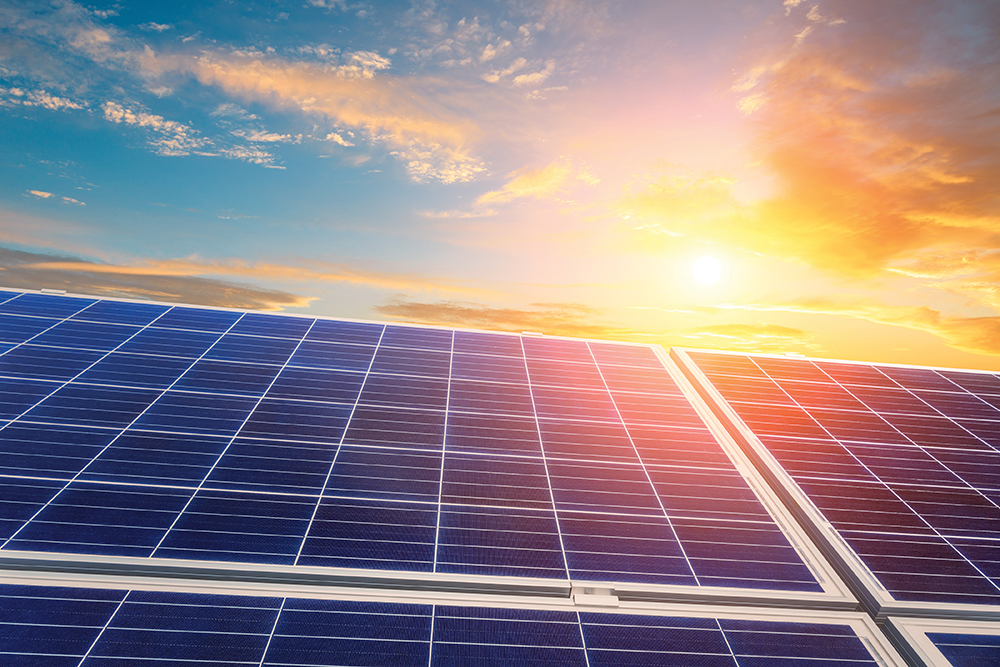Together with the World Bank Group, the government has announced that 50MW of solar energy in Niger, which is equivalent to approximately 20% of the West African country’s current electricity capacity will be developed under the Scaling Solar program.
Also Read: MyJouleBox project in Benin to get US$ 1.8M boost
The latter (Scaling Solar program) is a World Bank Group initiative that aims to promote photovoltaics in Africa. It focuses on the collaboration between project developers and governments that want to increase the share of renewable energies in their countries’ energy mix or support the construction of PV plants.
In this case, the World Bank Group and the Multilateral Investment Guarantee Agency (MIGA) will work together with the Ministry of Petroleum, Energy and Renewable Energies, as well as the Nigerian Electricity Company (NIGELEC) in order to attract private sector partners to develop and finance this commercial-scale solar energy production project.
The advantages of the Scaling Solar program are fast execution, cost optimization, and security because the project is coordinated and centrally managed by the International Finance Corporation (IFC), a sister organization of the World Bank and member of the World Bank Group.
Remarks
According to Mahamane Sani Mahamadou, the Minister of Petroleum, “Niger’s ambition is to increase its installed electricity capacity so as to support its economic growth and facilitate the populations’ access to electricity in which case recourse to solar energy will be decisive.”
Sérgio Pimenta, IFC’s Vice-President for Africa and the Middle East, on the other hand, said that increasing access to clean energy is a priority for IFC in Africa, as it improves the quality of life, reduces poverty, and supports economic activity and job creation.
Upon completion, this project will allow thousands of homes, schools, businesses, and hospitals to have easy access to electric power. It will also contribute to the government’s plans to produce 30% of its energy from sustainable sources by 2035.
93

Leave a Reply